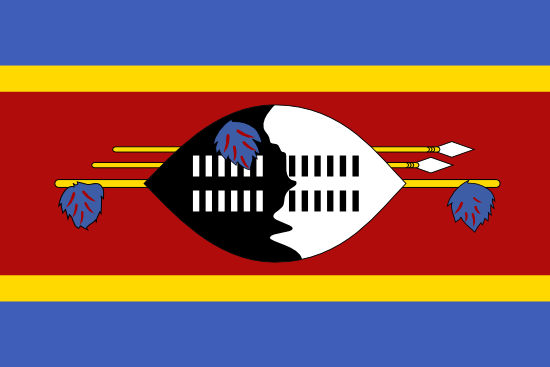
Health Insurance in Swaziland, Africa
Information expatriation
Capital City: Mbabane
Total area: 17,364 km2
Population: 1,141,000
Money: Currency Converter
Time Zone: List of time zones by country
Calling Code: +268 XXX
Practical Information:
Health Product: Travel Insurance and Health insurance
Health Insurance information and Sanitary Risk: World Health Map
BLOG: Expat Health insurance Information
Here is a brief description of the healthcare system in the country:
· Swaziland has a decentralized healthcare system with public and private sectors providing services.
· The public system aims to provide universal access through primary care clinics, community health centers and public hospitals.
· However, resource constraints mean availability is limited outside major towns and cities.
· Most care is out-of-pocket with limited government subsidies via tax-funded programs.
· There is a critical shortage of healthcare workers, facilities, equipment, medicines and supplies.
· Major health issues include HIV/AIDS prevalence, TB, malnutrition and maternal/child health challenges.
· International aid plays a major supporting role in programs and humanitarian assistance.
· Quality and access varies significantly between urban NGO/mission facilities and rural public centers.
· Preventable infectious outbreaks remain risks without robust public health infrastructure.
· Reforms are focused on decentralization, human resources and providing affordable essential care.
· Overall the system development has been hindered by financial and capacity constraints.
Here are some key health considerations for expatriates living in the country:
· Purchase comprehensive medical evacuation insurance before arrival. Healthcare access is limited in rural areas.
· Ensure vaccinations are fully up to date, including for hepatitis, typhoid, flu, etc. Due to disease risks.
· Bring adequate supplies of prescription medications and copies of valid prescriptions. Supply reliability is uncertain.
· Only drink bottled or purified water and thoroughly cook/peel all foods to prevent illnesses.
· Access to facilities depends greatly on location - urban centers have more resources than rural areas.
· Monitor your mental health and socialize to reduce isolation impacts as an expat.
· Carry contact details for your embassy at all times in case of emergencies.
· Carefully follow safety protocols from your employer/company regarding risks like crime.
· HIV/AIDS and TB prevalence is high - ensure adequate protection and know symptoms if exposure occurs.
· Lifestyle adjustments may affect health - seek help quickly if questions or issues arise.
